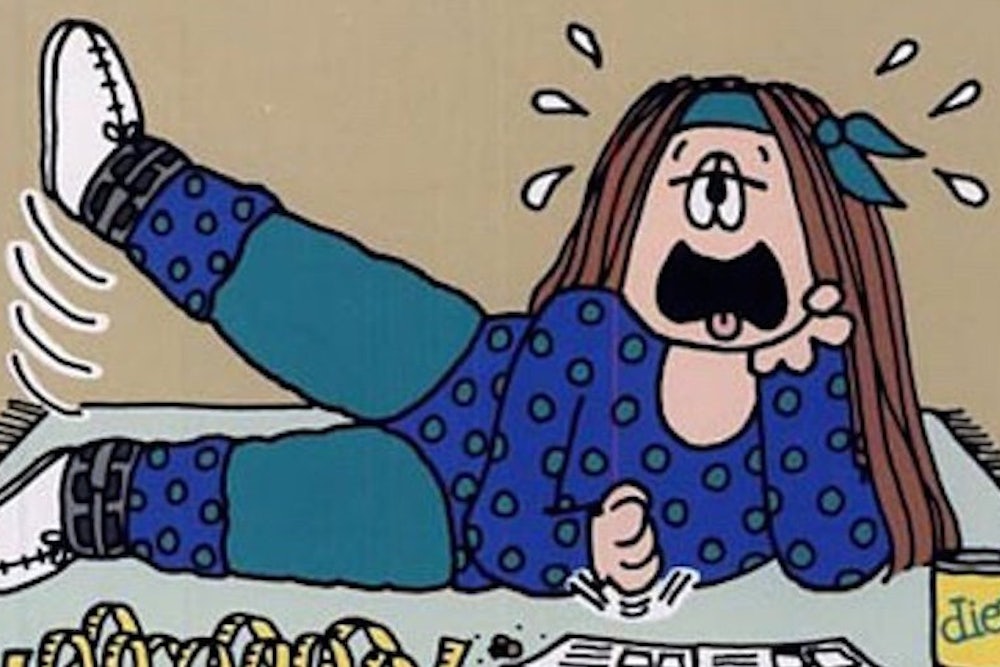As a supporter of marriage equality and as a single woman, I read the Supreme Court decision in Obergefell v. Hodges this morning with a mix of emotions: joy, pride, and—unexpectedly—some deep, existential anxiety. For that last one, I have to thank Justice Anthony Kennedy, whose stirring words in defense of same-sex marriage rights have been justly celebrated today (Slate called the last paragraph of his opinion “one of the most beautiful passages you’ll likely read in a court case”; Amy Davidson at The New Yorker called it “romantic,” a term rarely used for legal decisions; we praised it too).
But—and here is the part where I selfishly, myopically, make today’s historic news all about me—Kennedy’s florid language, some of which might be more at home at a vow-renewal ceremony, presented a vision of marriage’s role in society that’s archaic and all too common. Marriage, Kennedy tells us, is “essential to our most profound hopes and aspirations;” “no union is more profound than marriage.” It was hard to shake the suspicion that parts of Justice Kennedy’s opinions, like the part where he suggests unmarried people are “condemned to live in loneliness,” were written with the consultation of my Jewish mother.
“Marriage responds to the universal fear that a lonely person might call out only to find no one there,” Kennedy wrote, “It offers the hope of companionship and understanding and assurance that while both still live there will be someone to care for the other.” That’s a sweet idea in the context of the plaintiffs in the case before the Court, gay men and women who want nothing more than to be legally bound together. But on its own? That sentence is kind of terrifying, conjuring sad hopeless people with nowhere to go and no one to turn to. Marriage may, as Kennedy tells, be “transcendent.” But it’s not the only form of companionship possible, and it’s not a cure-all for loneliness either. (Perhaps someone should send him a copy of Kate Bollick’s Spinster, or, even better, Vivian Gornick’s Odd Woman and the City, recent memoirs that give life to the idea that married is the only way to be.)
We’re all going to die alone, married or not. And in the meantime, we have friends and family and cats and Netflix, and for some of us, spouses too. No, gay marriage won’t be ruining anyone’s heterosexual marriage, whatever some ultra-conservative activists might want you to believe. But reading Kennedy’s decision this morning made me a little bit worried that dignified single-hood might not survive unscathed.
